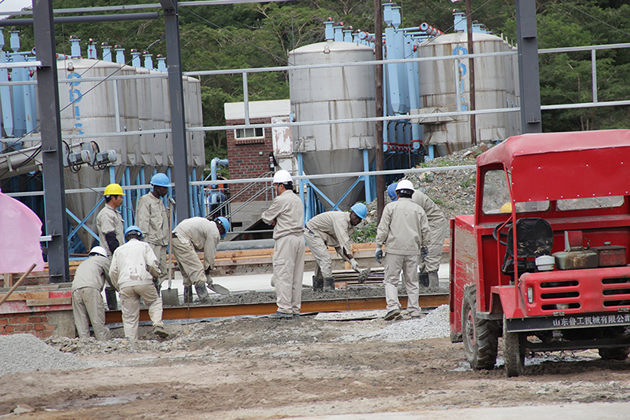NSSA eyes CSC stake

 Martin Kadzere: Senior Business Reporter
Martin Kadzere: Senior Business Reporter
THE National Social Security Authority is looking at snapping up a significant shareholding in the Bulawayo-based meat processor Cold Storage Company, officials said.NSSA chairman Mr Robin Vela confirmed yesterday that negotiations were at an advanced stage and “hopefully, an announcement will be made by end of next month”.
He could not be drawn into disclosing the specifics of the deal “because the matter is private”.
“The ultimate goal is to make this national asset work again and we are confident that the deal, which is being evaluated on purely commercial merit will give meaningful returns to pensioners. For us, the meat industry is important and very strategic.”
NSSA is a Government run pension fund with over $1 billion worth of assets under its management.
An official with Cold Storage Company who spoke on condition of anonymity said NSSA was expected to inject a significant amount of capital into the state owned company for a shareholding. CSC is among parastatals identified for immediate restructuring.
CSC is facing challenges including shortage of capital and stiff competition from private abattoirs.
The company enjoyed a monopoly since 1937 when it was formed. But Government deregulated the industry in 1992, which resulted in serious competition from private players, plunging CSC into viability crisis following sharp decline in cattle throughput.
A year later, the company had lost 50 percent of its market share to private players. The Government overlooked the implications of liberalising the industry as CSC had not been financially capacitated to stand competition from private players. Since 1992, CSC largely survived on EU exports and had a $15 million revolving payment facility with the bloc.
The facility was discontinued after the EU suspended imports in 2001 following an outbreak and foot and mouth disease. CSC had an annual quota of 9 100 tonnes and used to earn at least $45 million per year from EU export quota. Efforts by the company to enter Asian markets did not succeed after some food safety standards concerns were raised.
The company, which owns four abattoirs used to employ 1 500 permanent workers and an average 700 casual workers, making it one of the biggest employer in the country.











Comments